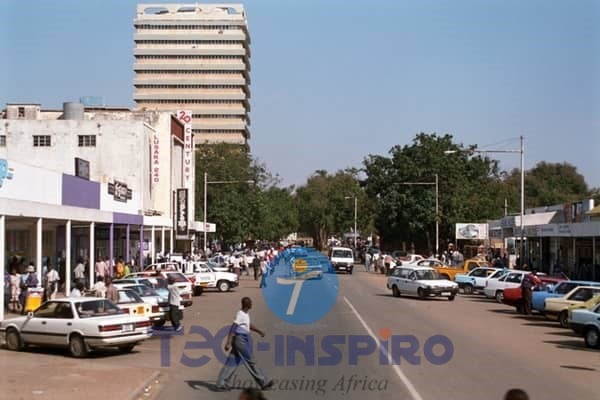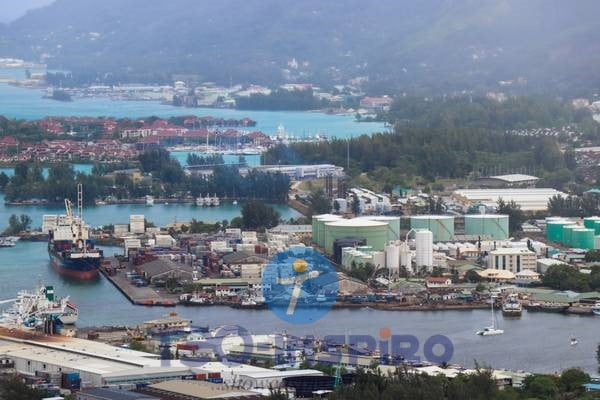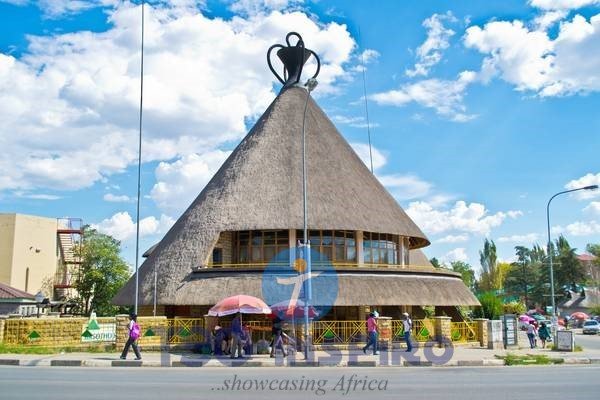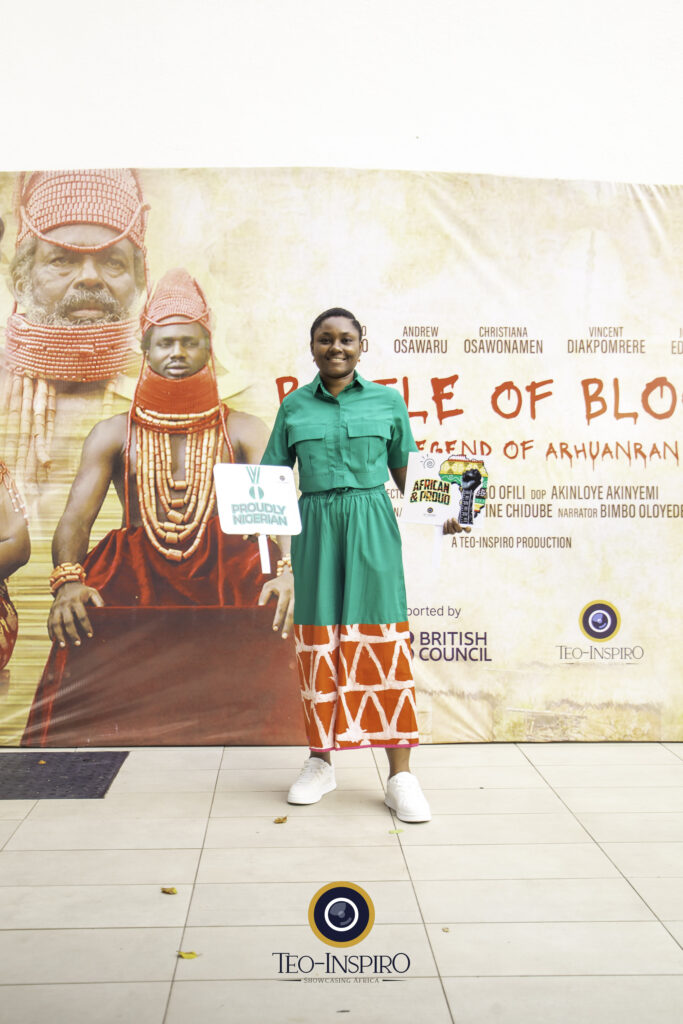South Africa

With a score of 64.89, the 2018 report ranks South Africa 82nd. This country has always been the most powerful country in Africa in terms of touristic attraction, as millions of tourists visit South Africa each year to enjoy its beauty. The government is working hard to reach the same status in attracting foreign investors by providing them with various facilities to do business in. This area is now evolving rapidly, and it offers real business opportunities to investors from all nationalities.
The government offers a full-range of investment incentives for domestic and foreign investors. These incentives are managed by the Department of Trade and Industry (DTI) and various other agencies. They can be sorted into the following ten categories:
- Development finance.
- Measures to promote employment.
- Export facilitation.
- Human resources.
- Skill development.
- Investment aid.
- Supplementary funding grants.
- Sectoral measures.
- Tourism development.
- Measures for small, medium, and micro-enterprises.

In the area of protecting minority investors, the report states that South Africa is ranked 24th worldwide. In addition, the country is ranked 55th in resolving insolvency, 46th in paying taxes, 68th in the criterion of getting credits, and 136th in starting business.
Zambia

According to the Doing Business report of 2018, Zambia has gained 13 places – moving from the 98th position to the 85th position. Currently, Zambia has been listed as one of the world’s top 10 economies with the most notable improvements.
The report indicates that Zambia has implemented three regulatory reforms as well: Firstly, the government empowered access to credit by launching the new Movable Property Tax Act. Secondly, the country established a new unified collateral registry. And lastly, the country implemented a reform that reduces the tax rate of transferring property.

As a result of implementing a web-customs data management platform, aimed at facilitating importing and exporting activities, the country has also been recognized for improving its cross-border trading. In addition, the World Bank’s report indicates that Zambia is in the world’s 2nd position for getting credits, 15th position in paying taxes, and 89th position in protecting minority investors.
Tunisia

Tunisia, now ranked at 88, has dropped 11 places from its spot at 77 in the 2017 report. Following behind Morocco, the cradle of the Arab Spring is the 2nd country in Doing Business in North Africa. However, once being ranked in 42nd place, the country has dropped 46 spots in just seven years.
According to the Doing Business study, the score achieved by Tunisia is the result of several factors. Some areas that have been evaluated include:
- obtainment of a building permit
- creation of businesses
- connection to the electricity grid
- registration of property
- imports/exports
The report also states that setting up a business in Tunisia requires an average of eleven days and nine administrative procedures. Because of these conditions, Tunisia is ranked 100th out of 190, with a score of 85.02 / 100. Additionally, businesses would have to go through eighteen administrative procedures, which would require an average of 96 days. This puts Tunisia in the 95th position, with a score of 67.49 / 100.

The Doing Business study highlights the taxation problem in Tunisia. This ranks it in the 140th position with a score of 60.14 / 100. In fact, an average of nine tax payments must be made annually, representing 64.1% of the company’s profit. In addition, Tunisia’s export and import activities are ranked at the 96th position with a score of 70.50 / 100. Between documents and procedures, approximately 107 hours are needed for an import operation. The average export operation, however, would require only half that time (53 hours).
Seychelles

Seychelles scored 61.41 in the 2018 Doing Business report, which placed the country in the 95th position. With a population of 94,913 inhabitants, the country came in 93rd in the 2017 report. By removing administrative barriers and offering a variety of economic incentives, the government has worked hard to create a strong environment for investment. The private sector is playing an important role in the economic dynamism that the country is experiencing.
The government is also supporting the efforts made by the Seychelles Investment Bureau and the Financial Services Authority. These two institutions are dedicated to empowering foreign investments in the country.

Tourism, agriculture, financial services, energy, fisheries, and telecommunication are some of the country’s dynamic sectors that meet the expectations of investors. According to the 2018 Doing Business report, Seychelles is ranked 29th in terms of paying taxes, 62nd in registering property, 88th in trading across borders, and 141st in starting business.
Lesotho

With a score of 60.42, Lesotho is ranked in the 104th position worldwide and 10th in Africa. Government officials are making efforts to improve the foreign investment rates in the country, mainly in the tertiary and mining sectors. However, efforts are also oriented to new dynamic sectors such as news technologies and services.
The 2018 Doing Business report reveals that Lesotho is in the 49th position for trading across borders, 77th for getting credit, 95th for enforcing contracts, 111th for paying taxes, 108th for protecting minority investors, and 119th for starting business.

According to this report, it is thus clear why these 10 African countries have been ranked at the top of the “ease of doing business” category.












